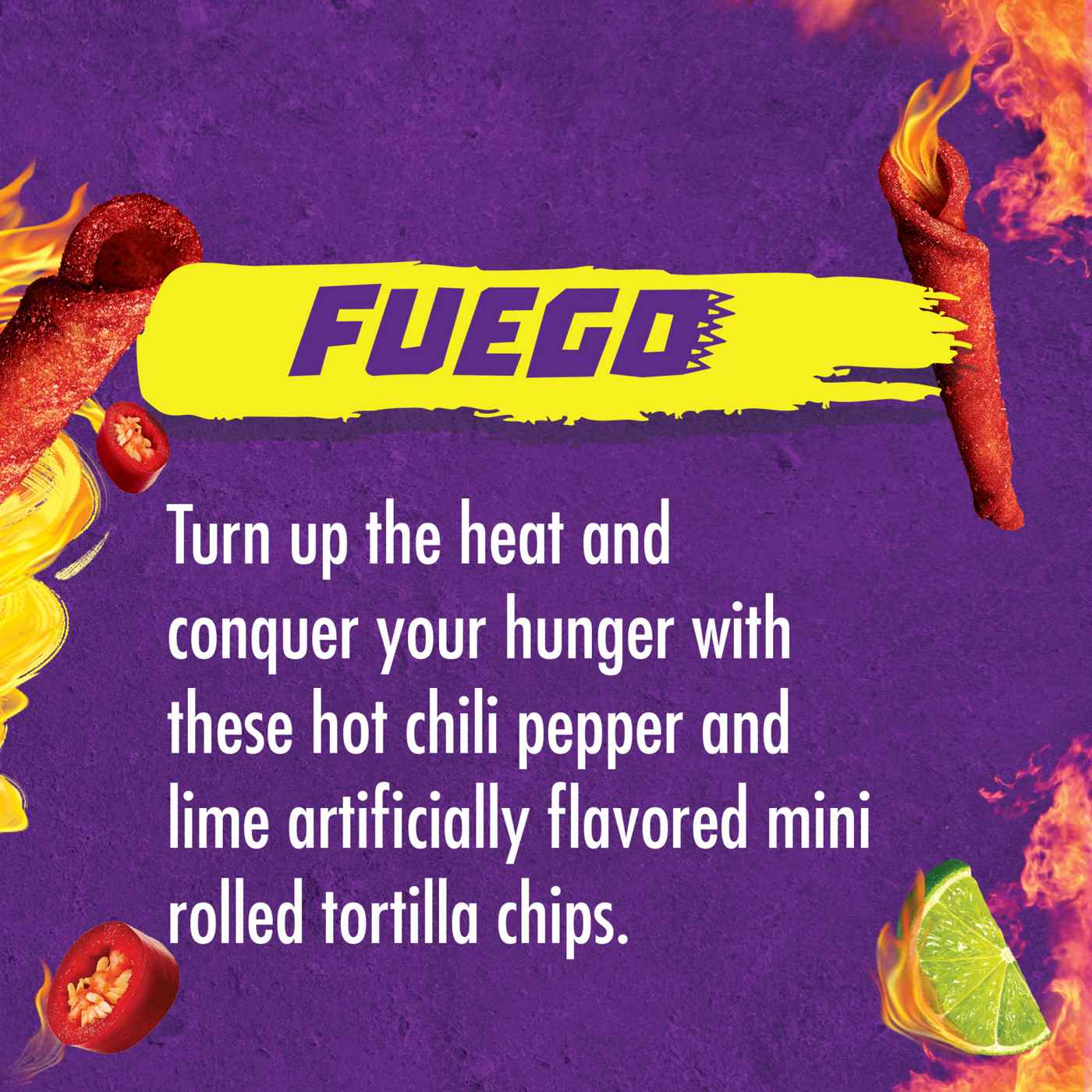Takis, the beloved rolled corn tortilla snack coated with intense flavors, have become increasingly popular among snack enthusiasts. However, along with their irresistible taste, concerns about their nutritional value have also arisen. In this blog, we’ll delve into the Takis Nutrition Facts, uncovering the truth behind their ingredients and exploring whether they live up to their reputation as an unhealthy snack choice.

Takis Nutrition Facts
Understanding the Ingredients:
Before diving into the nutrition facts, it’s essential to understand the ingredients that make up Takis. These fiery snacks typically consist of corn masa flour, vegetable oil, seasoning, and additives. It’s the seasoning blend that gives Takis their distinctive taste, typically comprising spices, salt, citric acid, sugar, monosodium glutamate (MSG), artificial colors, and flavorings.
Nutrition Facts:
Now, let’s break down the nutrition facts per serving (approximately 13 pieces) of Takis Fuego, one of the most popular varieties:
Calories: A single serving of Takis Fuego contains around 140 calories, with most of these calories coming from carbohydrates and fats.
Fat Content: Takis are notorious for their high fat content. Each serving typically contains about 7 grams of fat, primarily from the vegetable oil used in the manufacturing process. This includes both saturated and trans fats, which are known to increase the risk of heart disease when consumed in excess.
Sodium: One of the most concerning aspects of Takis’ nutrition profile is their high sodium content. A single serving can contain upwards of 250 milligrams of sodium, which is about 10% of the recommended daily intake. Excessive sodium consumption has been linked to various health issues, including high blood pressure and heart disease.
Carbohydrates: Takis are predominantly made of corn masa flour, making them a significant source of carbohydrates. Each serving contains approximately 16 grams of carbohydrates, with a portion of these coming from added sugars present in the seasoning blend.
Protein: While Takis do contain a small amount of protein, with around 2 grams per serving, it’s not a significant enough source to contribute significantly to one’s daily protein needs.
Impact on Health:
Given their high fat, sodium, and calorie content, consuming Takis regularly can have adverse effects on health. Excessive intake of such snacks may contribute to weight gain, elevated blood pressure, and an increased risk of cardiovascular disease. Moreover, the presence of artificial additives and flavorings raises concerns about their long-term health implications.
Moderation is Key:
While Takis may be delicious and tempting, they should be enjoyed in moderation as an occasional treat rather than a dietary staple. Incorporating them into a balanced diet alongside healthier snack options can help mitigate their negative impact on health. So these are the Takis Nutrition Facts details.
Are Spicy Takis Chips Bad for Your Health?
Spicy Takis chips, like many other snack foods, can have both positive and negative effects on your health, depending on factors such as portion size, frequency of consumption, and overall dietary habits. While Takis chips offer a bold and spicy flavor experience that many enjoy, they also come with some potential downsides.
One concern with Spicy Takis chips is their high sodium and fat content. Excessive intake of sodium can contribute to high blood pressure and cardiovascular issues, while consuming too much fat, especially saturated and trans fats found in many snack foods, can increase the risk of heart disease and obesity.
Additionally, the intense spiciness of Takis chips may irritate the digestive tract in some individuals, leading to discomfort, heartburn, or exacerbation of existing gastrointestinal conditions.
On the other hand, enjoying Spicy Takis chips in moderation as an occasional treat within the context of a balanced diet is unlikely to cause significant harm. It’s essential to practice portion control and pair Takis chips with healthier options like fruits, vegetables, and lean protein sources to create a more balanced snack.
Ultimately, whether Spicy Takis chips are “bad” for your health depends on your overall dietary patterns and lifestyle choices. Enjoying them occasionally as part of a varied and balanced diet is unlikely to pose significant health risks, but regular overconsumption could contribute to negative health outcomes over time. As with any snack food, moderation and mindful eating are key.
Read More :- Catla Fish Benefits
Read More :- Best Razors for Women
Conclusion:
In conclusion, the nutrition facts of Takis reveal them to be a highly processed snack with high levels of fat, sodium, and calories. While indulging in Takis occasionally is unlikely to cause harm, regular consumption can have detrimental effects on health. Therefore, it’s essential to practice moderation and prioritize whole, nutrient-rich foods for overall well-being.
